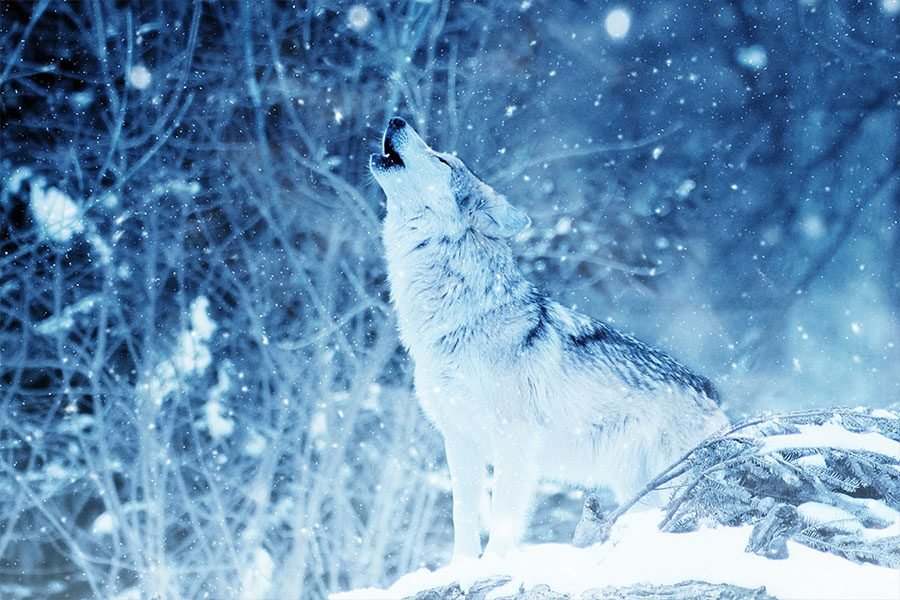-
Posts
4 -
Joined
-
Last visited
Content Type
Profiles
Forums
Events
Posts posted by ChrissyBlue
-
-
2 hours ago, Strange said:
Here is an interesting article on the effect of anaesthetics on brain function and consciousness. I'm not sure it answers the question, but does suggest that all the brain activity that corresponds to "conscious" activity (even when asleep) can be stopped and replace with something else, but we still wake up and are (or think we are!) the same person.
I think I understand. So even if brain activity that corresponds with consciousness is stopped, when you wake up your same conscious experience is continued? It's not that your consciousness dies and a copy is created, when you wake up, that just thinks it's you?
0 -
Thanks for the responses. Basically, what caused me worry was a conversation on Reddit. The guy arguing for this said no one knows what happens in the brain when someone loses consciousness or where the consciousness goes. That, because brain waves continue, doesn't mean our consciousness continues and that for all we know we could die when we lose consciousness and be replaced by a copy. He argued that perhaps the processes responsible for consciousness shut off and when they come back on create a new consciousness like the way the brain recreates memories when you remember them instead of actually storing them. The only reference he gave was concerning dreams. He said the theories of neurological origin of dreams (shown here Https://en.m.wikipedia.org/wiki/Dream under neurological theories) prove dreams aren't proof. I'm not sure if any of what he said is true. I think the brain does actually store memories so that part of what he said is probably false. I know this is a ridiculous thing to worry about, but the idea of it kind of creeps me out. Do you guys think any of what this person said is true?
0 -
Hello. I'd like your opinion on an unusual topic that's been weighing heavily on my mind.
My concern is that our consciousness dies in our sleep and is replaced by a "copy". At first, I thought that couldn't be the case due to dreams and brain waves that are recorded during sleep studies. But then I read further and the argument is brain activity is not enough evidence for consciousness to continue while we sleep and that dreams could just be memories with the illusion of consciousness when we awaken.
So the question is, are brainwaves and dreams proof that our consciousness doesn't die during sleep?
0



Consciousness During Sleep
in Anatomy, Physiology and Neuroscience
Posted
You're not too late at all. Your post was very clear and helped me understand further. I tried to "like" the post, but apparently, I reached my limit for the day.